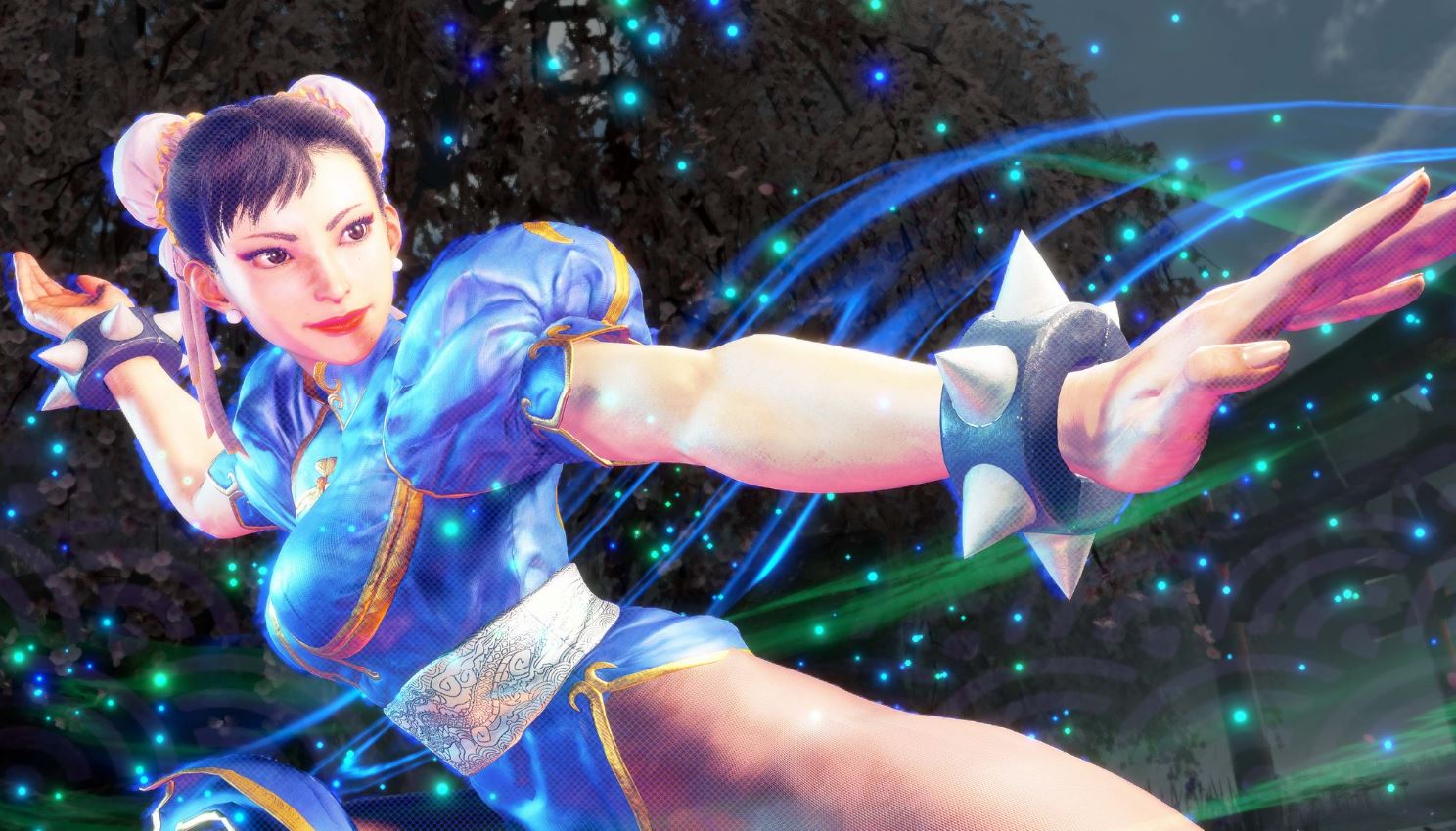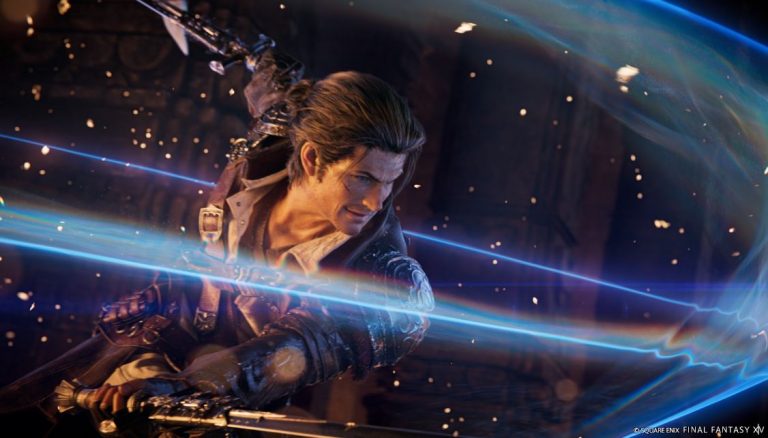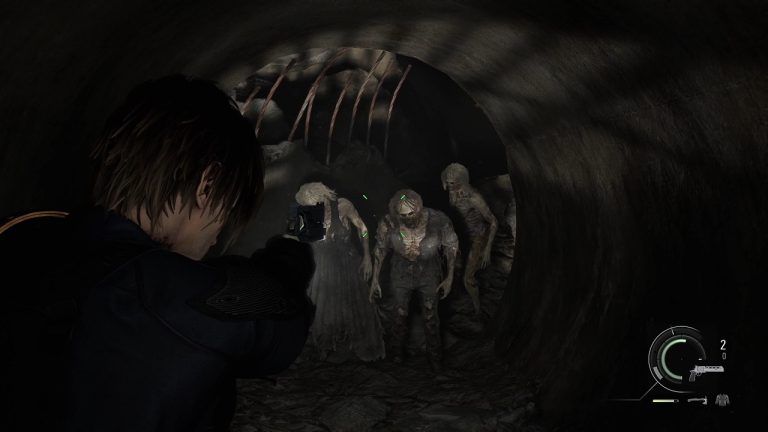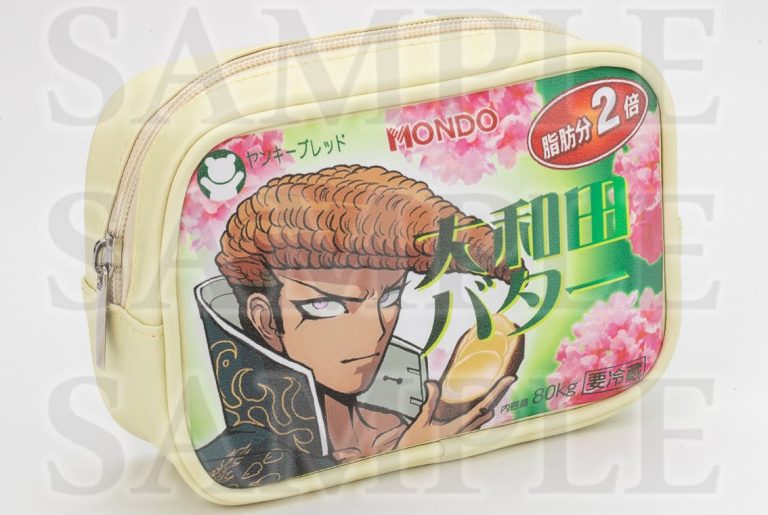Capcom released its official fan content guidelines on November 4, which apply to all fan artists and creators who want to create content such as illustrations, anime, manga, fiction and figurines based on its IPs. While the rules aren’t particularly stricter than the average Japanese game developer’s, there are some things to keep in mind.
For starters, fan content should clearly state that it’s based on Capcom’s intellectual property. This one seems more like a suggestion than a rule, as the company certainly won’t hunt you down or delete your work just because you forgot to mention this small detail. Additionally, materials created by Capcom that are used as-is (such as gameplay footage and trailers) don’t fall under these guidelines, but users are supposed to follow the Video Guidelines instead.
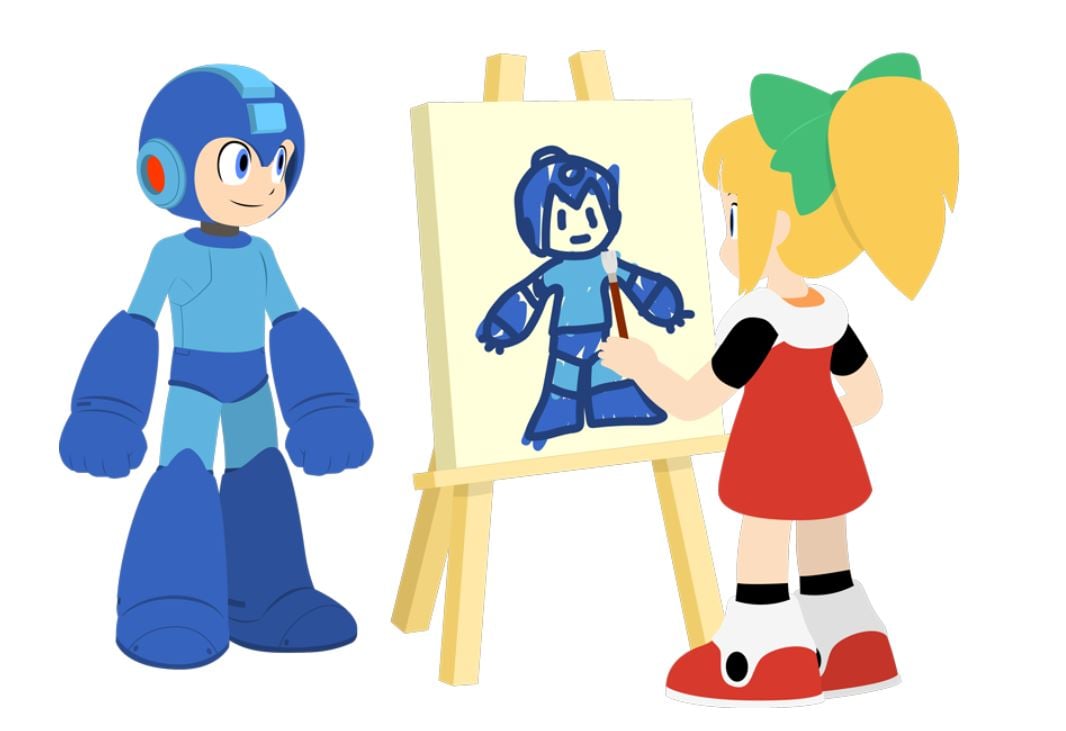
Fan content that is created for profit is where things get a bit more serious. Commercial use of content based on Capcom’s IPs is generally prohibited, save for instances of physical books and magazines (like doujinshi or fanzines) that are sold in small quantities and for low prices by hobbyists. Capcom will determine whether a fanwork falls under the scope of “hobby” or “commercial use” based on the scale of sales. However, the company hasn’t defined any specific criteria (such as how many copies you’re allowed to sell and the like), so it’s probably a “try to behave within reason” kind of rule. Sales of physical 3D fanworks like figures and statues are also prohibited, unless they are sold at officially licensed events.
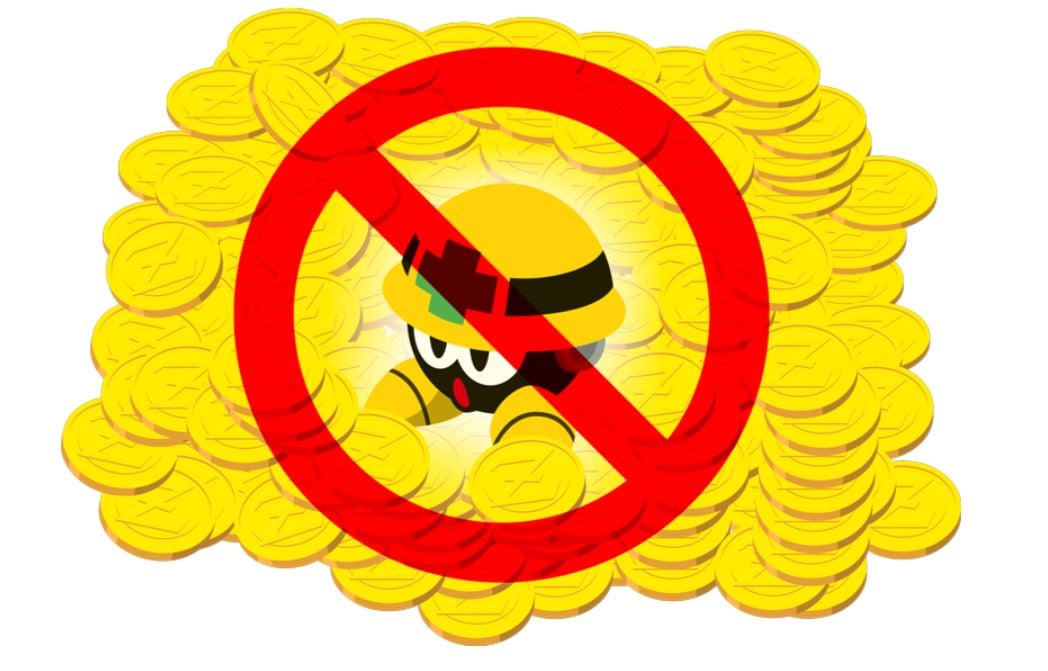
There’s also the usual stipulation that all fan content should fall within Capcom’s code of conduct. Offensive works (including discriminatory, lewd or obscene expressions) are a big no-no, as is content that could otherwise damage the reputation of the company. It goes without saying that copies of official products are also illegal.
Should any of the guidelines be broken, Capcom may ask associated person/s to discontinue use or production of the fan content. In cases of malicious use of its IPs, the company may take criminal or civil action against offenders.
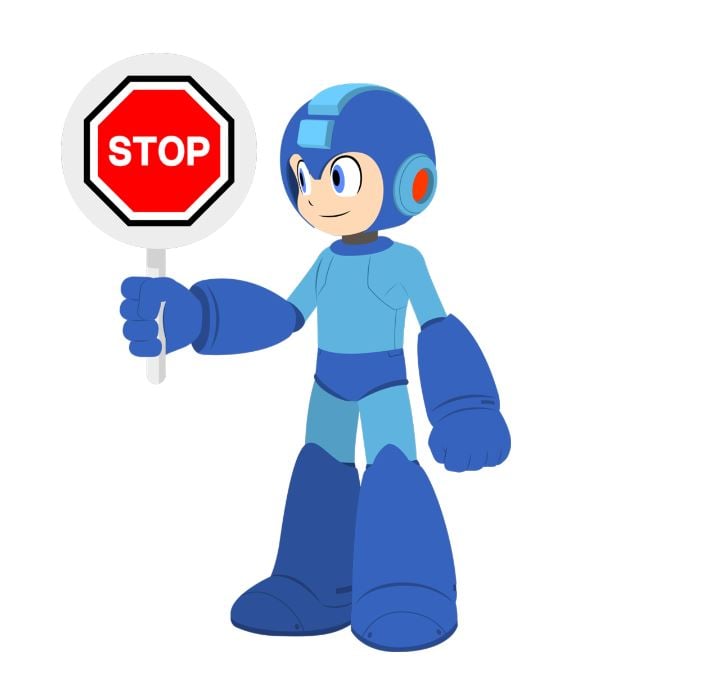
On a side note, the new fan content guidelines feature unique art of Mega Man, an IP that hasn’t had a mainline entry since 2018’s Mega Man 11. While Capcom has assured fans that it’s considering new games that feature the Blue Bomber and his friends, it’s good to see that they have a part-time job managing the company’s more administrative aspects.
Related articles: “They’re like daughters to us” – Around 3,000 pieces of offensive Dead or Alive fanart gets removed by Koei Tecmo yearly

